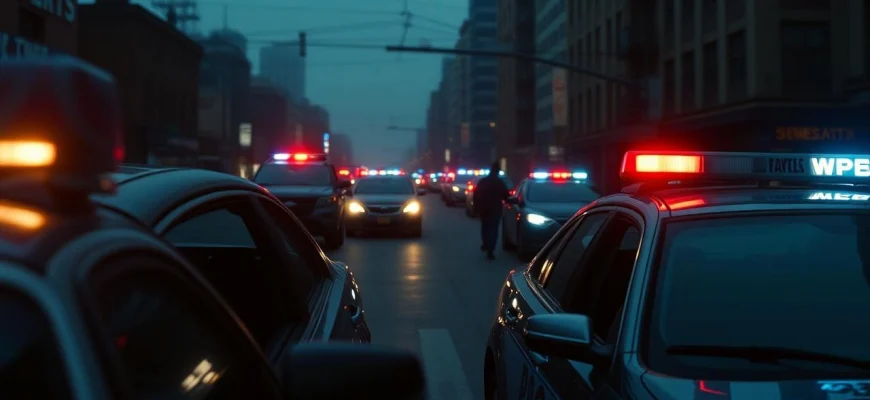If you're a fan of the intense, gritty drama of 'Chicago P.D.' (2014), you're likely craving more shows that deliver the same mix of crime-solving, character depth, and high-stakes action. This article highlights 10 similar movies and TV shows that will keep you on the edge of your seat, whether it's the procedural elements, the ensemble cast dynamics, or the urban crime backdrop that hooked you. Dive in to discover your next binge-worthy obsession!
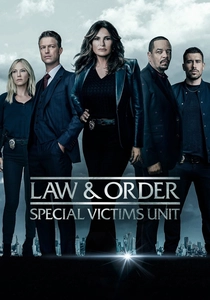
Law & Order: Special Victims Unit (1999)
Description: Like Chicago P.D., this show focuses on a specialized unit within the police department dealing with particularly heinous crimes. Both shows blend procedural elements with character-driven storytelling, often exploring the emotional toll of police work. The gritty realism and moral dilemmas faced by the characters are central to both series.
Fact: SVU is the longest-running live-action primetime drama series in US television history. The show was originally going to be called 'Sex Crimes' before being renamed. Mariska Hargitay is the only original cast member remaining since season
 Watch Now
Watch Now 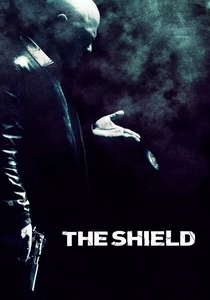
The Shield (2002)
Description: The Shield presents a grittier, more morally ambiguous version of policing that influenced shows like Chicago P.D. Both feature intense, sometimes controversial police tactics and explore the thin line between justice and corruption. The leadership of Vic Mackey has parallels with Hank Voight's complex morality.
Fact: The Shield was FX's first original drama series. Michael Chiklis won an Emmy for his role as Vic Mackey in the first season. The show's famous tagline 'Good cop and bad cop left for the day. I'm a different kind of cop' inspired many subsequent police dramas.
 Watch Now
Watch Now 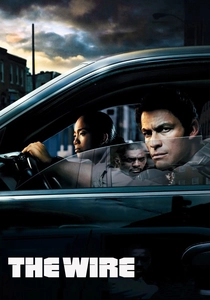
The Wire (2002)
Description: While more expansive in scope than Chicago P.D., The Wire similarly examines urban policing with unflinching realism. Both shows explore systemic issues in law enforcement and the complex relationships between police and the communities they serve. The moral ambiguity of characters like McNulty resonates with Chicago P.D.'s Voight.
Fact: Creator David Simon was a former Baltimore Sun police reporter. Many actors were local Baltimore residents with no prior acting experience. The show initially had low ratings but gained critical acclaim after its cancellation.
 Watch Now
Watch Now 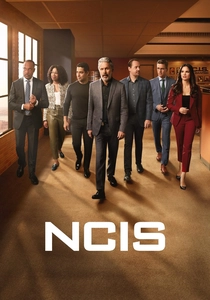
NCIS (2003)
Description: While NCIS deals with military-related crimes rather than urban policing, it shares Chicago P.D.'s focus on team dynamics and investigative procedures. Both shows balance serious crime-solving with moments of humor among the ensemble cast. The leadership styles of Hank Voight and Leroy Jethro Gibbs show similarities in their tough-but-fair approaches.
Fact: NCIS was originally conceived as a spin-off from JAG. The show's success spawned multiple spin-offs, creating the NCIS franchise. Mark Harmon (Gibbs) was a producer on the show and had significant creative input.
 Watch Now
Watch Now 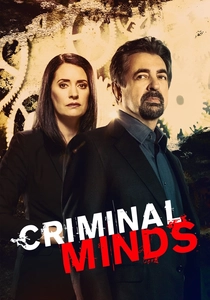
Criminal Minds (2005)
Description: Though focused on FBI profilers rather than street cops, Criminal Minds shares Chicago P.D.'s emphasis on solving violent crimes through specialized police work. Both shows delve into the psychology of criminals and the emotional impact on investigators. The team dynamics and fast-paced investigations are similar in both series.
Fact: The show's technical advisor was a former FBI agent. Mandy Patinkin left the show because the violent content disturbed him. Criminal Minds holds the record for most episodes directed by a female director (over 30 by Bethany Rooney).
 Watch Now
Watch Now 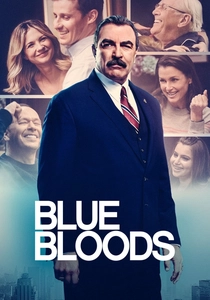
Blue Bloods (2010)
Description: This series shares Chicago P.D.'s focus on police work as a family affair, with multiple generations of law enforcement professionals. Both shows explore the personal costs of police work and the ethical dilemmas officers face. The Sunday dinner scenes in Blue Bloods mirror the familial bonds within Intelligence Unit in Chicago P.D.
Fact: Tom Selleck was the first and only choice for the role of Frank Reagan. The show films on location in New York City for authenticity. Donnie Wahlberg (Danny Reagan) is actually related to several Boston police officers in real life.
 Watch Now
Watch Now 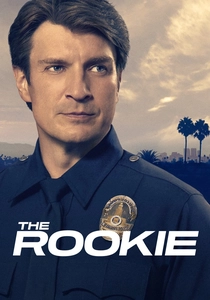
The Rookie (2018)
Description: While more optimistic in tone than Chicago P.D., The Rookie similarly explores the challenges of police work through the eyes of its main character. Both shows balance action with character development and examine police procedures in detail. The mentorship dynamics in The Rookie mirror relationships in Chicago P.D.'s Intelligence Unit.
Fact: Inspired by the real-life story of LAPD officer William Norcross who joined in his 40s. Nathan Fillion performs many of his own stunts. The show uses real LAPD uniforms and equipment for authenticity.
 Watch Now
Watch Now 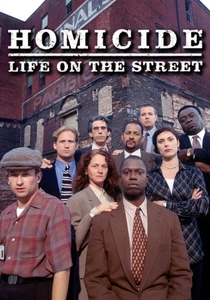
Homicide: Life on the Street (1993)
Description: As a precursor to modern police procedurals like Chicago P.D., Homicide pioneered the gritty, realistic portrayal of detective work. Both shows focus on the psychological impact of violent crimes on investigators. The interrogation room scenes in Homicide (with its famous 'board') influenced similar elements in Chicago P.D.
Fact: Based on David Simon's book 'Homicide: A Year on the Killing Streets'. The show was known for its innovative cinematography and editing style. Andre Braugher's performance as Frank Pembleton is considered one of TV's greatest police characters.
 Watch Now
Watch Now 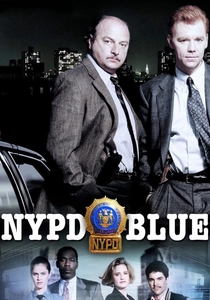
NYPD Blue (1993)
Description: NYPD Blue shares Chicago P.D.'s blend of street-level policing with personal drama among the officers. Both shows broke new ground in their portrayal of flawed, complex police characters. The camera work and editing style of NYPD Blue influenced the visual language of later police dramas including Chicago P.D.
Fact: The show was controversial for its adult content and language when it premiered. Dennis Franz (Andy Sipowicz) appeared in every episode. The series popularized the 'walk and talk' filming technique later used in many dramas.
 Watch Now
Watch Now 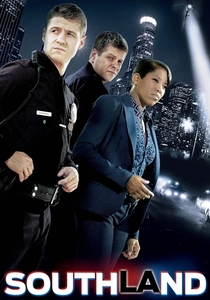
Southland (2009)
Description: Southland shares Chicago P.D.'s documentary-style realism and focus on the daily challenges of police work. Both shows depict the physical and emotional strain of policing in high-crime areas. The ensemble casts in both series portray officers with complex personal lives that intersect with their professional duties.
Fact: Southland was originally an NBC show before moving to TNT. The show used real LAPD officers as technical advisors. Many scenes were filmed with handheld cameras to enhance the realistic feel.
 Watch Now
Watch Now 
